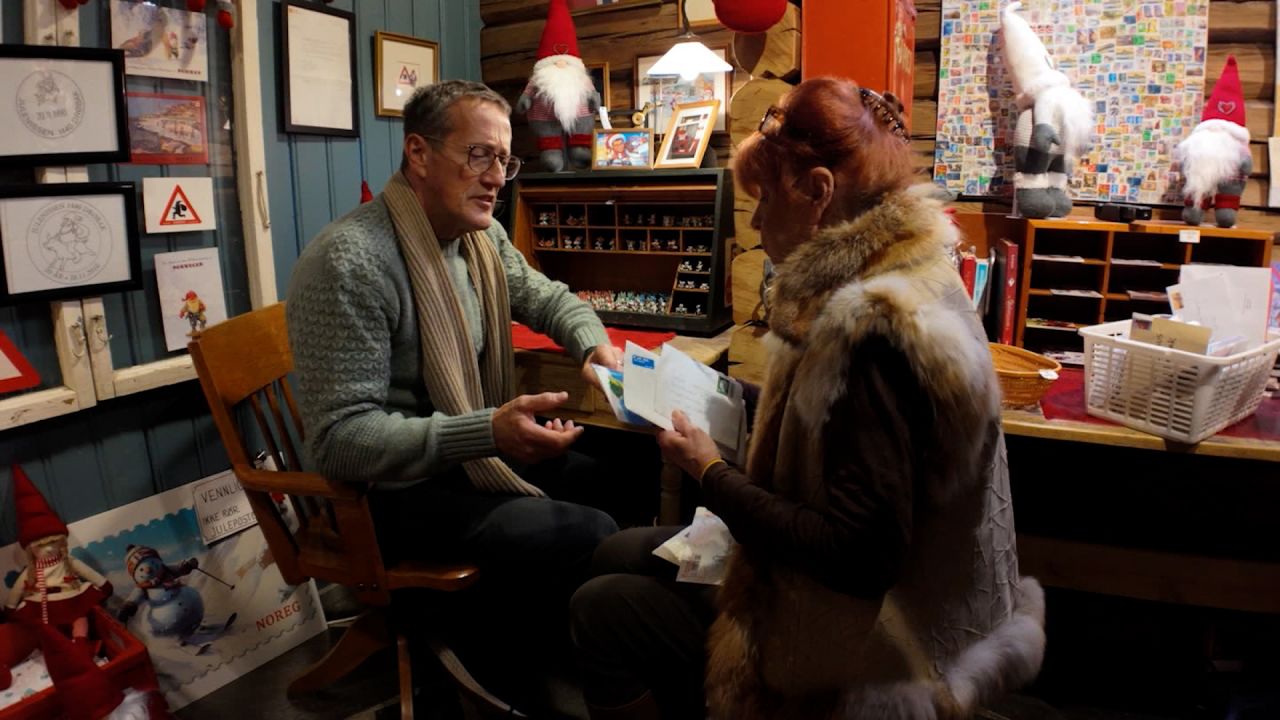Yelm Community Schools’ Proposition 1 failed in the recent general election, marking the fourth consecutive year that the district has been unable to secure funding through levies. This outcome has prompted significant concerns regarding the funding structure for schools in Washington State, particularly the reliance on local levies for essential educational resources.
Concerns Over Funding Structure
Gee Scott, a prominent voice on KIRO Newsradio, expressed disappointment over the levy’s failure, highlighting the systemic issues that contribute to such outcomes. “It’s unfortunate. I think that we all can agree that investing in our next generation is very important, and investing in education is very important,” Scott noted during his show. He pointed out that the current system requires a majority approval for levies, which can hinder consistent funding for schools.
The repercussions of the failed levy are already being felt within the Yelm district. In the wake of the 2024 election results, over 100 educators, paraeducators, and support staff faced layoffs. Additionally, crucial programs, including the district’s drama and choir departments, were eliminated, and concerns are growing that other programs, such as football and band, could be next on the chopping block.
Impact on Education and Community Sentiment
Superintendent Chris Woods had previously indicated that the failure of the levy could have dire implications for the district’s extracurricular activities. The inability to secure funding not only affects staffing but also limits educational opportunities for students. Scott emphasized the need for a shift in community narratives surrounding educators. “When you have narratives and conversations, they have consequences,” he said, noting that historical grievances against teachers may have contributed to the challenges in passing the levy.
The situation in Yelm reflects broader issues within Washington State’s educational funding landscape, where many districts successfully passed levies in the same election. The contrast raises questions about the specific challenges Yelm faces and the community’s perception of its schools. Scott reiterated the importance of community investment in education, suggesting that a change in mindset could alter the outcomes of future funding efforts.
As the conversation around educational funding continues, it remains crucial for community members and leaders to engage in dialogue about how to support and invest in local schools. The failure of Proposition 1 serves as a stark reminder of the ongoing challenges that many districts face in securing the necessary resources for their students.






